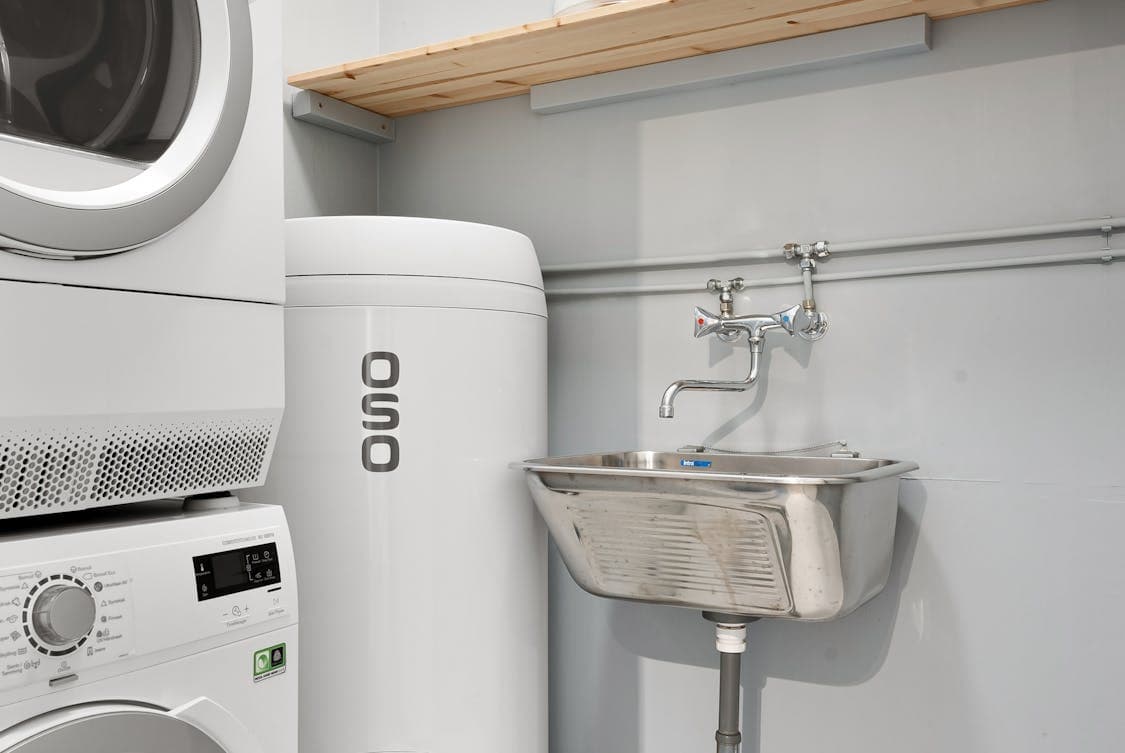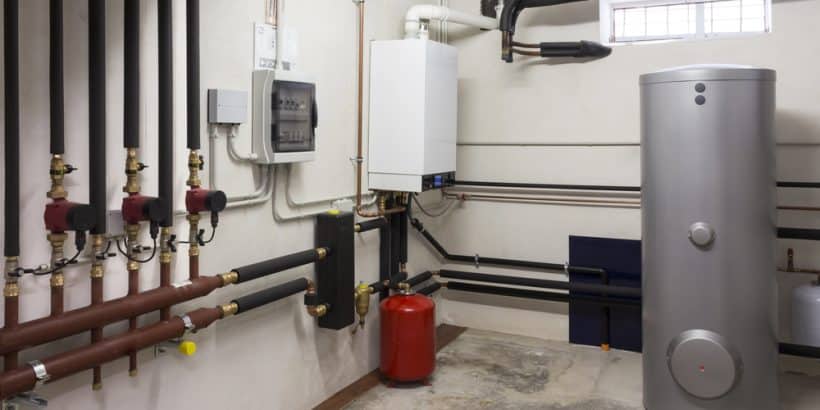When it comes to home comfort, few appliances hold as much importance as the water heater. Hot water is essential for various daily activities like showering, washing dishes, and laundry.
However, choosing the right size of water heater is often overlooked. This article breaks down the aspects you should consider when selecting a water heater that meets your needs.
The Basics of Water Heater Size
Water heaters come in different sizes, measured in gallons for tank systems and BTUs for tankless systems. Understanding these measurements can help ensure you have enough hot water for your household.
Tank-style water heaters store hot water in a tank, meaning that their size is usually more straightforward to determine.
For tankless systems, the size is determined by flow rate—how quickly it can deliver hot water when you need it.
Assessing Hot Water Demand
Before you can decide on the size of your water heater, you need to assess your household’s hot water demand. This involves taking into consideration the number of people in your home and their hot water usage habits.
Typically, a family of four requires about 80-100 gallons of hot water a day. Showers, running appliances, and laundry all contribute to this total.
Understanding your usage patterns can provide insight into what size heater will work best for your household.
Tank vs. Tankless Water Heaters
The choice between tank and tankless water heaters significantly impacts your decision on size.
Tank water heaters store hot water, making them ideal for homes with higher hot water demands at peak times. However, they can run out of hot water if too many appliances are used simultaneously.
Tankless water heaters, on the other hand, heat water on demand. They are more compact and energy-efficient but may struggle to supply multiple outlets at once.
Knowing your household’s peak usage times will help guide your choice between these two options.
Calculating Flow Rate for Tankless Systems
If you opt for a tankless water heater, calculating the flow rate is essential. Flow rate is measured in gallons per minute (GPM).
To determine your household’s flow rate, add together the flow rates of the fixtures you anticipate using simultaneously.
For example, if you plan to shower (2.5 GPM) while running the dishwasher (1.5 GPM), your total flow rate requirement will be 4 GPM. This calculation helps narrow down which tankless models fit your needs.
Energy Efficiency Ratings
Water heater efficiency affects both the environment and your wallet. Understanding the energy efficiency ratings can help you choose a model that saves money over time.
Look for the Energy Factor (EF) rating, which indicates the heater’s efficiency. The higher the EF, the more efficient the model is at converting energy into hot water.
Although these models may come with a higher upfront cost, they often lead to significant savings on energy bills in the long run.
Choosing the Right Fuel Type
Water heaters can be powered by electricity, natural gas, propane, or even solar energy. Each fuel type has its own efficiency ratings, costs, and installation requirements.
Natural gas models tend to heat water faster and often have lower operating costs than electric models.
However, if your home isn’t equipped for gas or if you prefer the convenience of electric units, consider those options as well. Weighing the pros and cons of each fuel type can play a crucial role in your final decision.
Installation Considerations

Once you’ve narrowed down your choices based on size and type, think about installation. The space available in your home can dictate which options are feasible.
Tank water heaters require more space due to their size, while tankless units can be wall-mounted, saving floor space.
Ensure that any model you choose fits comfortably in the designated area, taking into account ventilation for gas models if applicable.
If you need help with installation or are unsure about the best water heater for your space, Plumber Bondi can provide you with expert guidance and ensure a smooth setup process.
Local Codes and Regulations
Before deciding on a water heater, it’s wise to familiarize yourself with local building codes and regulations. These can dictate certain requirements for installation and safety standards.
Some areas may have rules regarding the minimum efficiency levels for water heaters. Checking local regulations beforehand can save you time and avoid potential fines down the line.
Maintenance Needs
Like any appliance, water heaters require maintenance to perform efficiently and extend their lifespan.
Tank-style heaters need regular flushing to remove sediment buildup, while tankless models require descaling to prevent mineral accumulation.
Being aware of maintenance requirements helps keep your heater in top shape, ensuring consistent hot water access.
The Cost Factor
Budget plays a significant role in selecting a water heater. The initial purchase price varies widely depending on the type, brand, and size.
Don’t forget to factor in installation costs, which can also differ based on the complexity of the job.
While it might be tempting to go for the cheapest option, a more efficient model could save you money over time through lower utility bills.
Brand Reputation and Warranties
When investing in a water heater, it’s prudent to consider brand reputation and warranty options. Some brands are known for reliability and customer service, which can ease the long-term ownership experience.
A solid warranty can provide peace of mind. Look for warranties that cover parts and labor, as well as the tank itself, to protect your investment.
Environmental Impact and Sustainability
In today’s world, many homeowners are becoming increasingly conscious of their carbon footprint. Opting for energy-efficient water heaters contributes to environmental sustainability.
Consider models with high energy efficiency ratings and renewable energy options like solar water heaters. Making choices that favor the environment benefits not just your home but the larger community too.
The Role of Technology
Modern water heaters are equipped with advanced technology that enhances performance and efficiency.
Smart water heaters, for instance, can be controlled via mobile apps, allowing users to monitor usage and adjust settings remotely.
These innovations can lead to reduced energy costs and improve convenience, making them an attractive option for tech-savvy homeowners.

